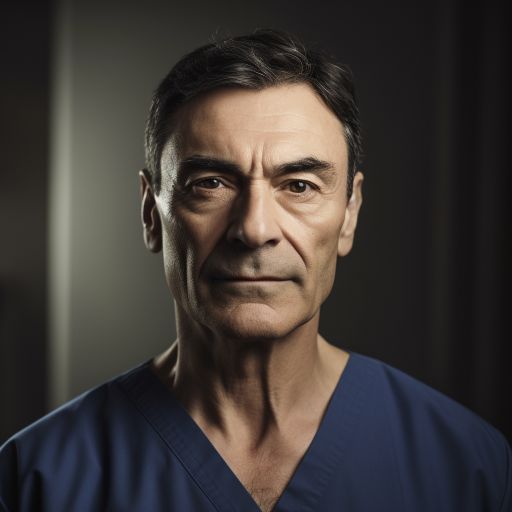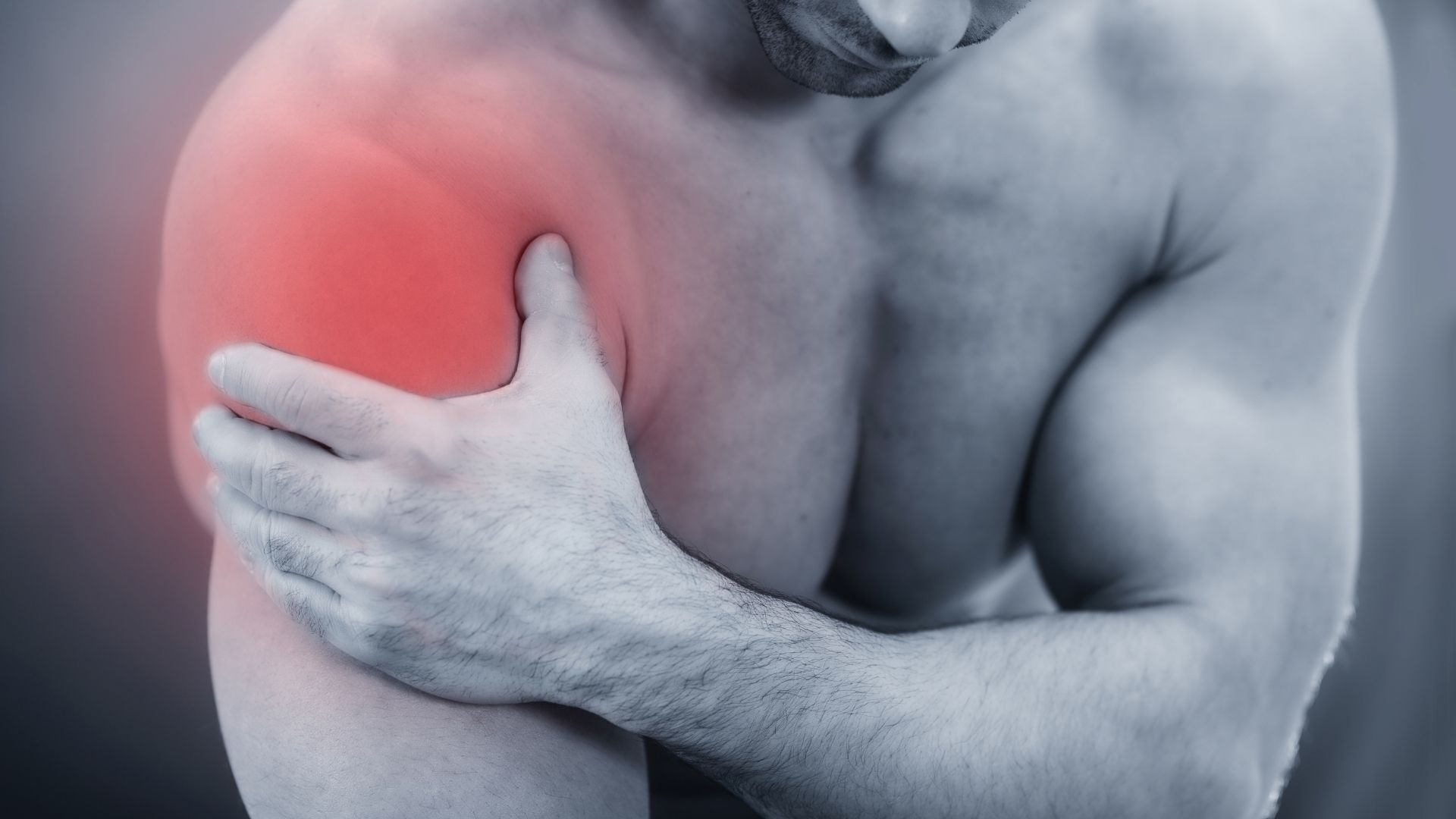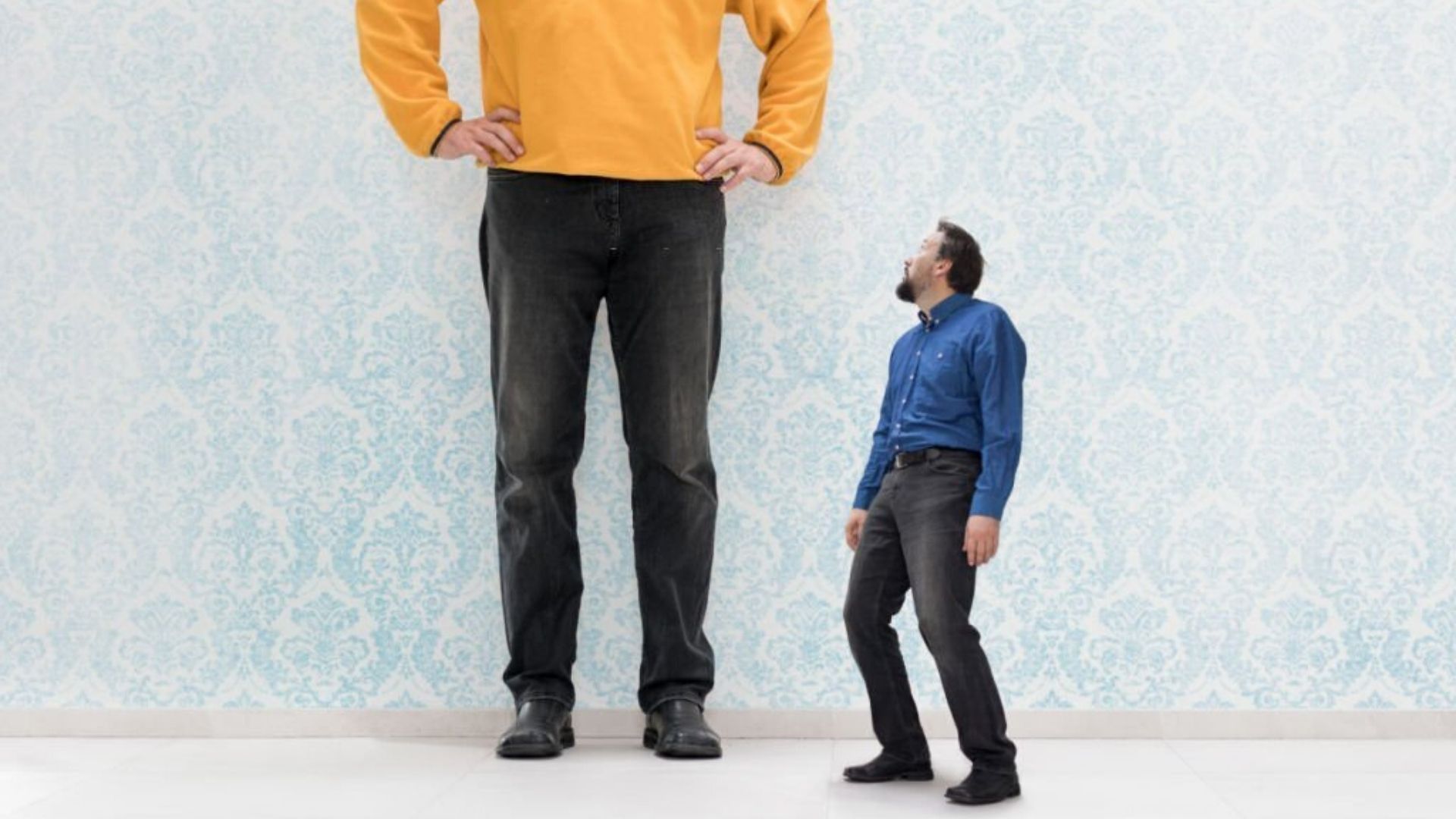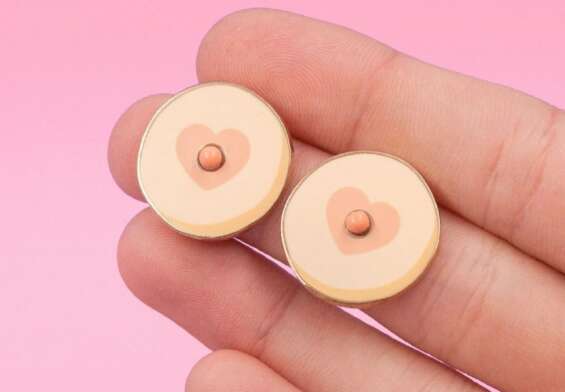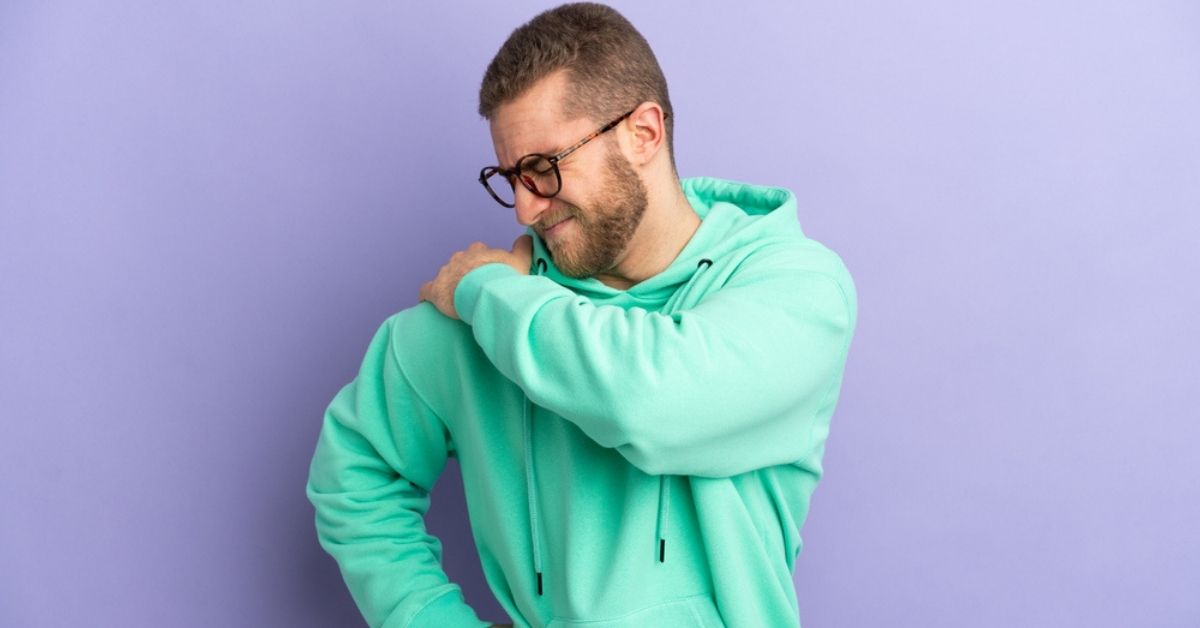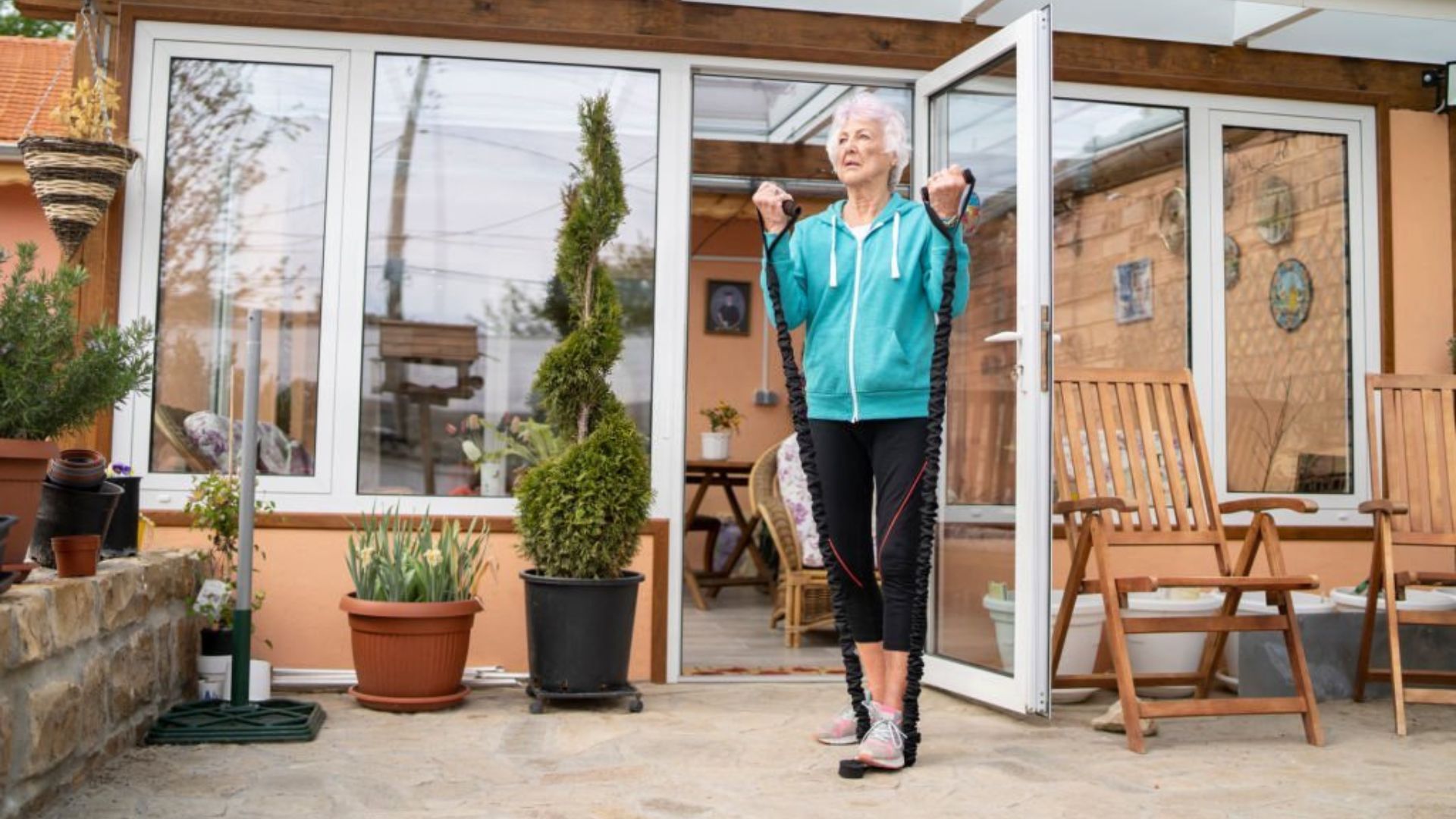
Can Exercise Prevent Aging? Read The Truth!
Everybody is looking for a miracle cure to aging. There are many ways to reduce the impact of aging. Many people consider changes in the skin to be the first sign that they are getting older. Many other aging signs include fatigue, body aches, pains, and fatigue. While you’re aware of all the benefits of exercise (weight loss and heart health), what you may not realize is that exercise can prevent aging.
Although you can’t change your birth date, exercising can help you look younger and improve your health. Here are some ways that exercise can help you prevent the aging process.
Gives You Energy
Did you ever notice how energized you feel after a hard workout? You feel more alert after a workout because exercise stimulates your brain and body. You may find that your energy lasts all day if you are lucky. Exercise makes you more alert and awakes all day. Daily tasks are less difficult and require less effort.
Enhances Sex Drive
Exercise improves blood flow throughout the body. It also increases your sexual drive and makes you feel younger. Exercise also has psychological benefits, making you more confident in your appearance. Exercise can give you the energy to keep you energized for adult activities.
Keeps Your Skin Healthy
No matter what skin type you have, exercise can help maintain healthy skin. Although you may appear younger after a workout due to red cheeks and sweat, exercising can also have a lasting effect. Regular exercise can make your skin more flexible and elastic, which will help slow down the signs of aging skin.
Improves Posture
Your posture can be affected by changes in muscle and bone density. Strength training exercises can help you improve your posture and prevent bad posture caused by aging.
Increases Flexibility
Your muscles and joints become less flexible with age, making it more difficult to do daily activities. You can improve your flexibility by engaging in exercise if you feel stiff. Regular exercise, including stretching like yoga, can help you relax. To massage your muscles and remove knots, you can also use a foam roller.
Elevates The Mood
Age is just another number. It’s all about how young and vibrant you feel. If you are constantly unhappy, you can feel older. Exercise releases endorphins which regulate your mood and make you happy. This is why you will feel more confident after exercising. Regular exercise can help you feel younger by improving your mood.
Promoting Sleep
To function properly, both your brain and body need to get enough sleep. To heal your body and skin, sleep is essential. You might notice changes in your skin if you don’t get enough sleep. This is because your skin isn’t able to heal itself.
You will feel more tired if you exercise later in the day, which can help you fall asleep quicker and stay asleep longer. Quality sleep can also help you manage stress. This can lead to rapid aging and health problems, and wrinkles.
Health Issues Were Kept At Bay.
Although exercise cannot cure all your health problems, it can help you manage or prevent certain health problems. Exercise, for example, improves blood flow and oxygenation and reduces stress. Stress can lead to worsening health conditions, as you already know. Studies have also shown that exercise can improve oral hygiene. Studies have previously shown that people who exercise regularly and maintain a healthy weight are more likely to develop periodontitis. Essential tremors can also be worsened by anxiety and stress.
Exercise can improve your mental and bodily health. It can reduce stress and allow you to focus on your overall health.
Increases Metabolism
Your metabolism slows as you get older, leading to you feeling older and possibly gaining weight. You can speed up your metabolism by exercising in short bursts. This will help you lose weight. You can also burn more calories by exercising, so if you believe that aging is causing your weight gain, you don’t need to cut out any foods or drink a lot. Instead, you may just need to burn a few extra calories each day.
Cell Aging Slows
Exercise can make you feel younger, and it can also impact your aging process. The caps at the ends of your chromosomes are called telomeres. They become shorter with age. The longevity and youthfulness of telomeres are linked to longevity. Regular exercise can increase your lifespan and slow down the aging process by increasing your telomeres. Although exercise won’t make you live longer, it may help you live longer.
Enhances Memory
A decrease in memory is one sign that you are getting older. It’s normal to forget more as you age. Exercise can improve your memory by increasing oxygen flow to your brain and improving blood flow. Regular exercise may increase the size of your memory and allow it to function properly. Sharper cognitive skills are also associated with exercise.
Improves Heart Health
Your heart will work more efficiently when you exercise. Your heart is a muscle and needs to be exercised to increase its ability to pump blood throughout the body. Your heart can pump blood more efficiently and with less strain by exercising.
Exercise can also protect your heart against disease. It reduces your risk of developing cardiac-related issues as a result of aging, such high blood pressure.
Exercise To Recover Aging
Although exercise isn’t a cure for aging, it can help keep your body and brain healthy, so you feel younger and more confident. Regular exercise can help you look younger. It will allow you to reduce stress levels and give you the rest you need to heal your skin.


